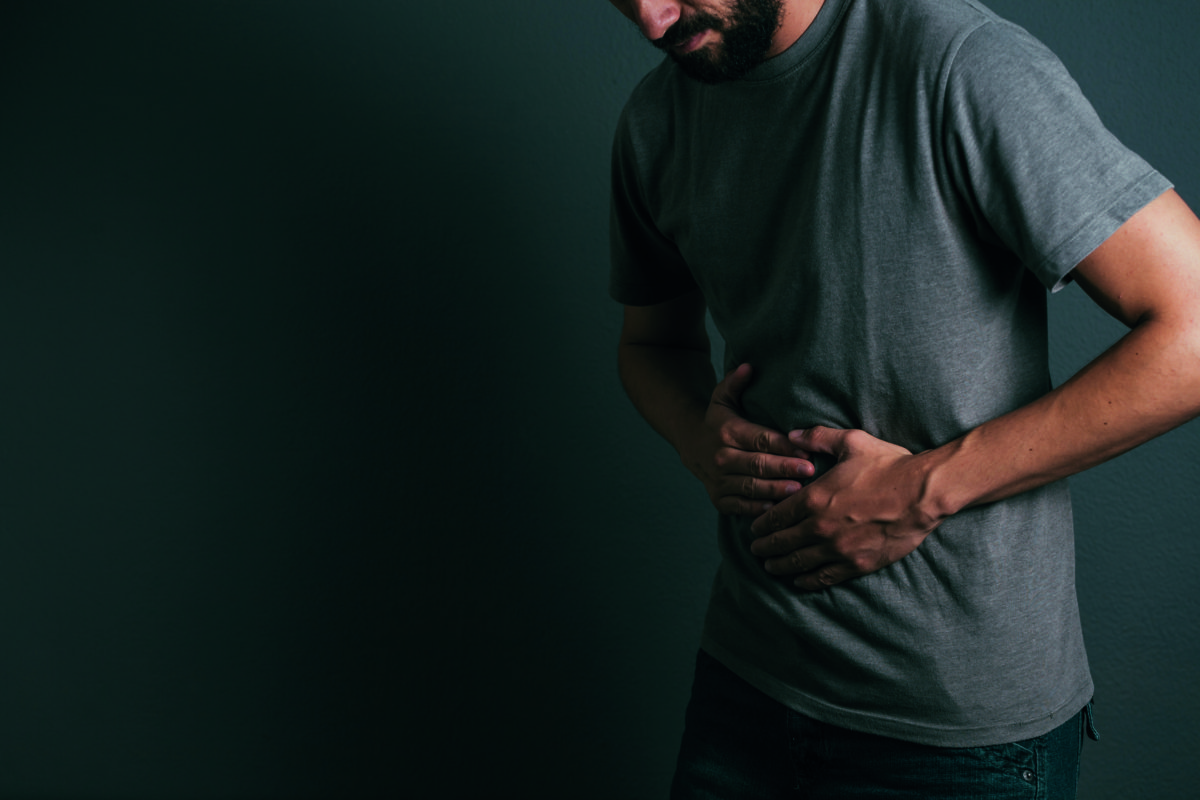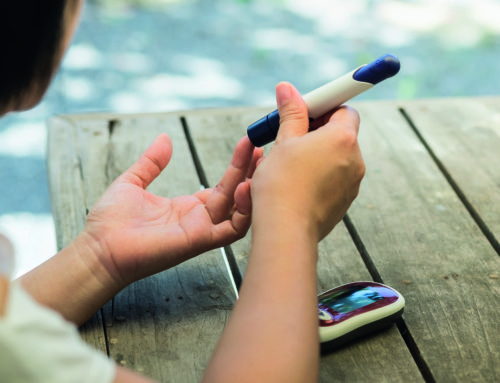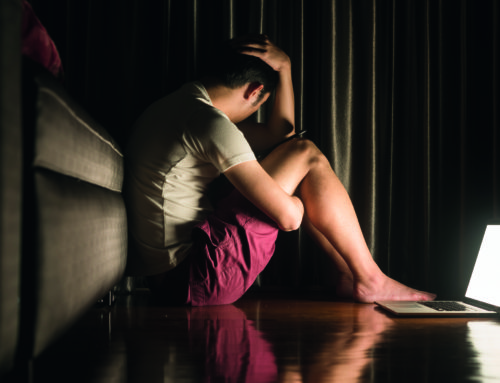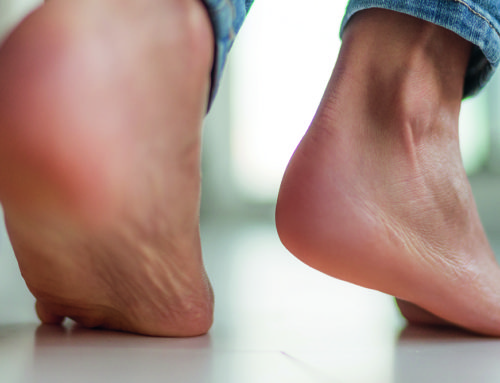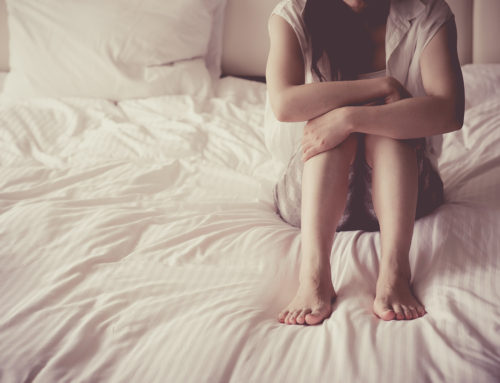Flickering fires, cosy knitwear and festive musical favourites – they’re just a few of the themes which spring to mind as we welcome the seasonal shift. However, for a large number of healthcare professionals dealing with infected patients, this time of year is also synonymous with the norovirus. Help individuals ward off the risk, and find out more about its origins, as Lesley Carter, Age UK’s Clinical Lead for Professionals and Practice, explores the winter vomiting bug.
As the winter months draw in, the norovirus – commonly known as the winter vomiting bug – becomes much more widespread.
Although more common during the colder months November-to-April, the norovirus can actually be caught at any time of the year. It’s highly contagious and unpleasant and can affect anyone at any age. Those who are the most vulnerable when they catch the infection are older people, young children and those with low immune systems.
Unfortunately, a person can be infected with the norovirus several times because the virus is always changing.
Seeing the Signs
It’s important to be alert to the signs and symptoms. Because of its highly infectious nature, the norovirus spreads quickly through community environments with high concentrations of vulnerable people who are especially susceptible. This makes schools, care homes and hospitals especially high-risk and it causes logistical problems, when staff and patients alike are infected, placing a strain on the health and social care infrastructure.
If people have contracted the norovirus, it’s important that they are advised not to visit hospitals as a visitor or a patient, their GP surgery, friends and relatives, or to visit people in care homes or other public spaces.
This is because of the ease of spread of the norovirus to other people, and potentially to people who already have poor health. Those infected should stay away from work or school for 48 hours after the last attack of vomiting or diarrhoea.
It’s easy to become infected and this can happen via several routes, often by accidentally inhaling small airborne particles of the virus, through touching contaminated surfaces such as door handles, loo seats, or eating contaminated food.
The norovirus causes gastroenteritis and symptoms tend to come on suddenly, with little warning; nausea, persistent projectile vomiting and watery diarrhoea. Tummy cramps are also common and in some cases it can cause fever, a temperature over 38C together with flu-like aches, and pains in arms and legs. Although very unpleasant, the symptoms are short-lived for one or two days and should be out of the system within another one-to-two days. However, if symptoms carry on for more than three or four days, or there are concerns, call 111 for advice or contact the GP. They will be able to give advice about what to do and assess if further examination is needed.
Prevention and Treatment
There’s no specific medicine to treat the norovirus and antibiotics won’t work because it’s a viral infection, not a bacterial one. The best thing is to manage the norovirus symptoms; stay hydrated, replacing the fluid lost through vomiting and diarrhoea.
Watch out for dehydration; it’s the main risk of the norovirus infection, particularly if symptoms are severe. Children under five years and babies under six months old are at particularly high-risk. Dehydration in adults is more likely to be in older people and those with low immune systems. Dehydration has serious implications. Look out for the signs, initially, these include passing little very dark urine, a dry mouth, dry cracked lips, weakness, lethargy, irritability and confusion.
If a patient thinks that they or someone else is severely dehydrated, call the GP surgery or NHS 111.
Health and social care professionals must recognise that some people can be at a greater risk of the consequences of the norovirus. For example, an older person living alone may find it a challenge to manage sudden violent bouts of diarrhoea and vomiting, and there is the risk that this leaves them exhausted, weak, dehydrated and at risk of experiencing more serious results. People in this situation will need help and support from services.
Often hospitals and care homes when they have the norovirus pose a blanket ban on visitors to patients and residents. This can present a physical and emotional blow to people who have a diagnosis of dementia.
Without contact with their familiar family carers to reassure and support them, hospitals become hostile and frightening places and people with dementia will have poorer outcomes of care.
The national guidance on the prevention and control of infection in care homes from the Department of Health and the Public Health Agency does not advise that carers be banned entirely.
Providing carers are not symptomatic themselves – and if they have suffered from the norovirus they have been clear from symptoms for at least 48 hours – they are not an infection risk (and let’s face it – when people suffer from the norovirus, they will probably be feeling so ill that they can’t make it to the care home anyway – and these carers would not want to put their loved one at risk). Organisations should take a case-by-case approach.
Top Tips for Patients on Looking After Themselves and Others
• Keep your hands out of your mouth
• Wash your hands – the norovirus is spread by touch so make sure that you wash and dry your hands often and thoroughly with soap and warm water, especially after going to the toilet or before preparing food, is essential to prevent spreading the illness to others
• Don’t rely on alcohol hand gels alone
• Don’t spread it. Stay at home. Wait 48 hours after the last bout of sickness or diarrhoea
• Drink enough fluids. Sip water little and often. Check with the pharmacy about over-the-counter rehydration solutions which contain the right balance of sugars and salts for your body to encourage rehydration
• Check with a pharmacist about over-the-counter medicines, such as paracetamol, which could be useful to help reduce or relieve symptoms, such as fever or stomach pain
• Disinfect surfaces. Thoroughly clean hard surfaces, such as door handles, taps and kitchen surfaces, with detergents and disinfectant
• Keep toilets and toilet areas clean. Don’t share towels
• Don’t prepare food for other people until you’re fully recovered – at least 48 hours after your symptoms have gone away


